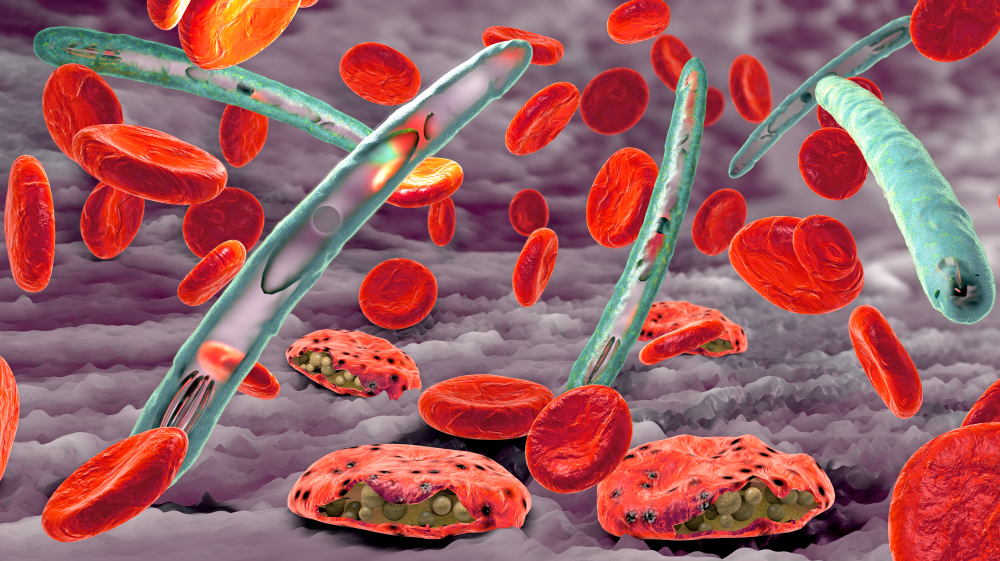
When can this be used against malaria?
To make a major dent in malaria, at least 40 percent of mosquitoes in an area need to be infected with Microsporidia. The microbe can be transmitted between adult mosquitoes and transmitted from the woman to her offspring as well.
The researchers are however studying two key strategies to increase the number of mosquitoes infected:
Microsporidia forms spores that can be released to infect mosquitoes en masse
Male mosquitoes (which do not bite) can be infected in the laboratory and released into the wild to infect the females while they are reproducing
“It’s a new discovery. We are very excited by its potential for malaria control. It has enormous potential,” Prof Steven Sinkins, from the MRC-University of Glasgow Centre for Virus Research, told the BBC.
This idea of using microbes to control the disease is not uncommon. It has been shown that a form of bacteria called Wolbachia is making it harder for mosquitoes to transmit dengue fever in real-world trials.
What happens next?
Researchers need to understand how the microbe spreads, so they intend to do more research in Kenya. These methods, however, are pretty uncontroversial, because the species is already present in wild mosquitoes and does not introduce anything new.
It wouldn’t kill the mosquitoes either, so it wouldn’t impact ecosystems that depend on them as food. This is part of other strategies, such as a killer fungus that can collapse mosquito populations almost entirely in weeks.












































